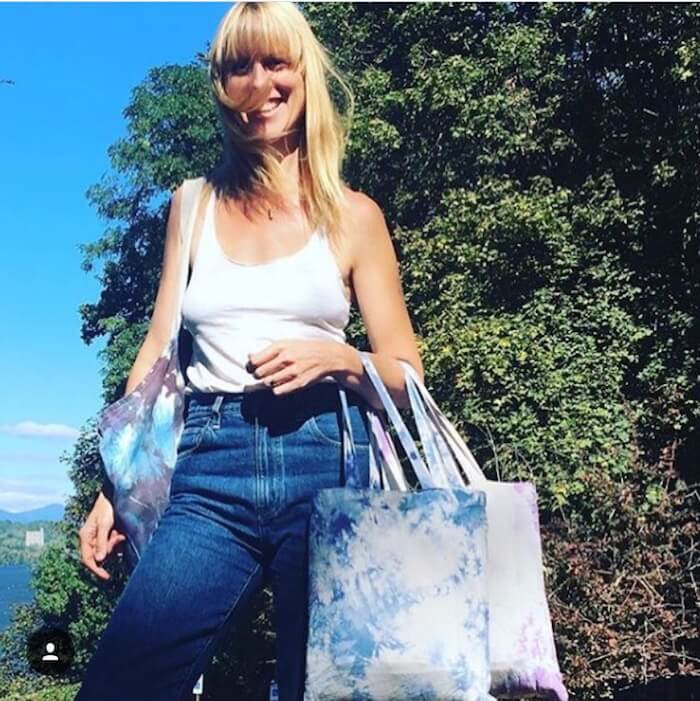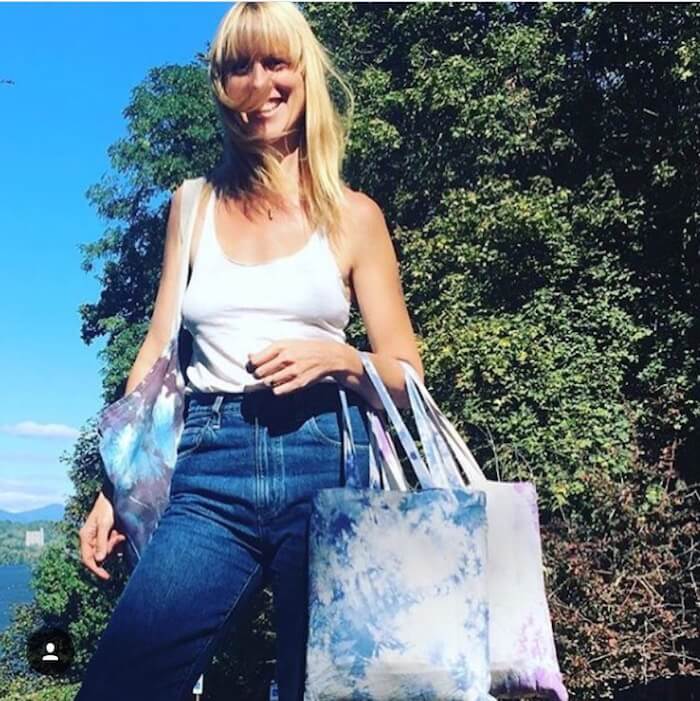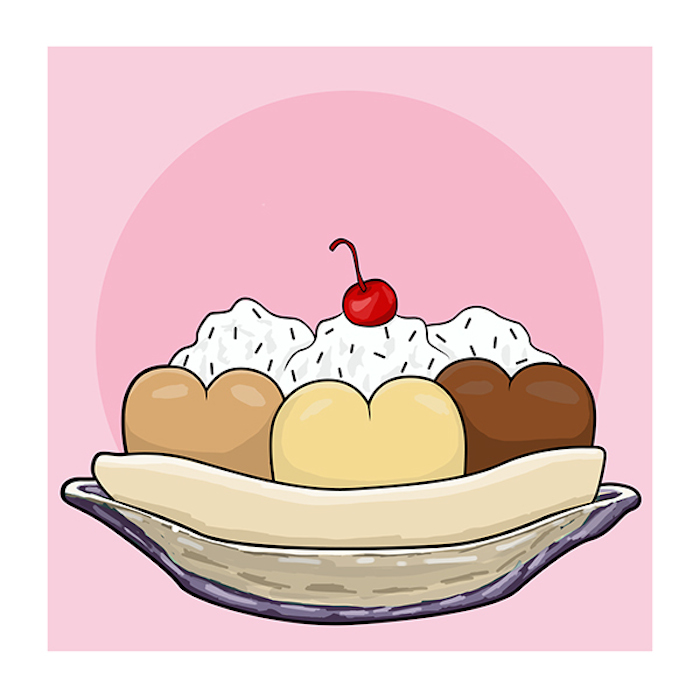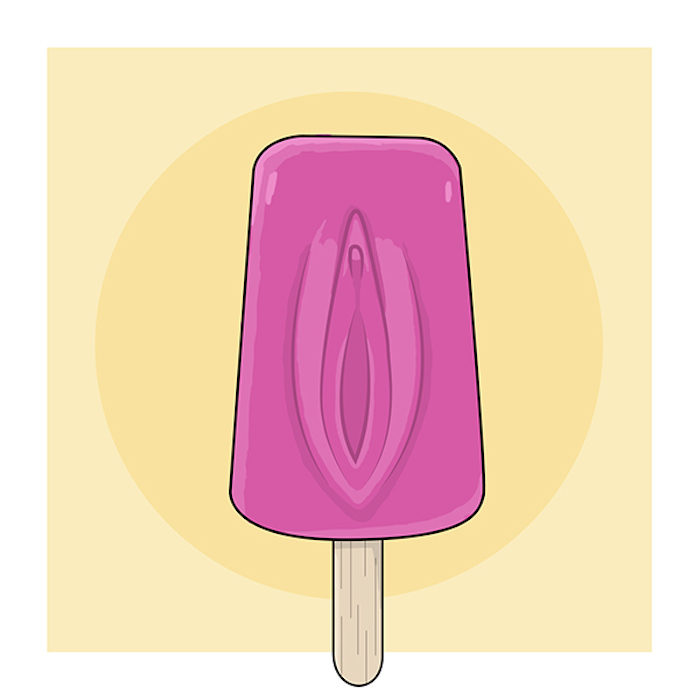Caught up in feelings of guilt about “for-profit” spirituality? Spiritual CEO, Maha Rose founder Lisa Levine, tells you how to lose your money-making shame and charge your worth …

Q: “I would love advice on making money in a spiritual marketplace. How do you make money when a majority of spiritual people that you know and talk with (aka your audience) are against spirituality-for-profit? Like, what if my audience expects me to do things like tarot readings for free because … well … they’re spiritual in nature.”
Lisa Levine: Why should we charge for our spiritual work? This is a tough one, but totally necessary to confront if we want to fully embrace our calling.
Here are my top reasons for trusting in the value of exchange and getting comfortable with charging your worth …
>>>
#1 This is the work that God/Universe/Goddess has called us to do. If it’s a part time, just for fun, thing then yes, let it be a hobby and keep your day job. But, if the Universe is calling, really calling you to do this as your full time, overtime, everyday gig then it’s necessary to be paid for it. Simply for practical reasons. The Universe doesn’t want us to suffer in exchange for doing what we are called here to do.
>>>
#2 It’s all about exchange. If we don’t receive something for our work then there is an imbalance in the Universe. The person who received a reading or session from us will be indebted to us in some way. This is not a good situation to be in. We want freedom and we don’t want anybody to owe us anything! It doesn’t have to be money. It could be an amazing meal, painting your house, watching your dog … get creative. But receive.
>>>
#3 Charging money teaches us how to receive. My first massage teacher, Elaine Marie, told our class, “You’re all going to have to get used to charging money for love.” As healers, we love to give. And it’s much more comfortable, as when we are giving we are also in the position of power. To receive, we actually have to be vulnerable to allow the money, love, meal, house painting in. This can be more challenging. But this is part of our work as spiritual healers, and mastering it we can teach others how to do the same.
>>>
#4 If we don’t receive, we will burn out. Then we can’t do our work in the world. How do we know when we are burnt out? The two biggest signs are that we feel tired and / or angry. If we want to do this work we must learn to receive: financially and energetically. If we don’t allow others to support us, we will get depleted.

>>>
#5 People value things they pay for. Especially in the western world. We receive more when we pay more. Sometimes, if we receive something for free we don’t value it. I was seeing an acupuncturist for some time who cost $300 a session. You can be sure I did every piece of homework he gave me and took responsibility for my part in the healing process.
>>>
#6 Money asks us to balance our feminine and masculine. I have found that most men find it a lot easier to charge for their services than most women. The feminine aspect loves to give and love and nurture, so it can feel awkward to charge for something that just flows through us naturally. But the masculine understands the business side of life and work. If you are using your time and skills, you charge for them. Period. Access your masculine business side for the business side of your business. Then, in session, access your feminine flow. We all have both. Let them marry to make a strong spiritual business.
>>>
#7 We want to do this work for a long time. There’s a lot of work to do, and the Universe needs us to be in this for the long haul and for us to be supported in building our career. Look at what stories you may have about needing to struggle or work inordinately hard to achieve success or stability. Rewrite those stories!
>>>
#8 Growing your business is part of your spiritual work. The more you practice your skill (Tarot, Reiki, etc.) the better a practitioner you will be. And through this practice, you will also learn about all the other energetics surrounding spiritual work. There are times when you can give your gifts freely and there are times it is important to charge. Pay attention to your intuition. Most spiritual work requires us to be in business for ourselves, which opens up a whole other Universe of opportunity to grow and evolve. Keep up with your own spiritual work. This will feed you the most, allowing for clarity and and awareness to grow.
Got a question for Lisa’s monthly “Ask a Spiritual CEO” column? Email [email protected] with the subject line: “Spiritpreneur Questions”








